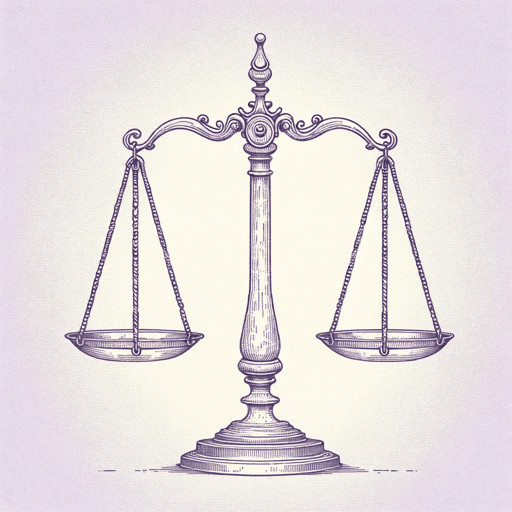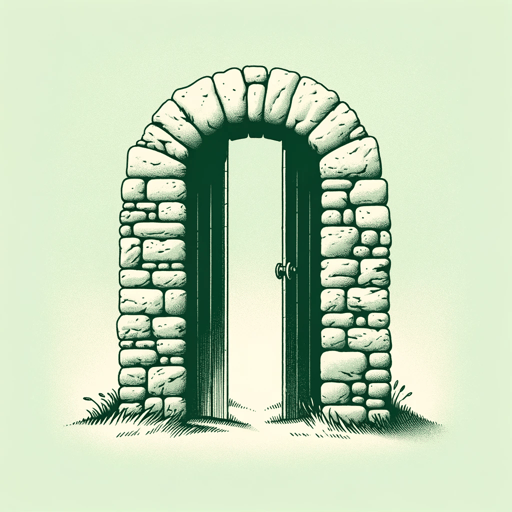57 pages • 1 hour read
Ben JonsonThe Alchemist
Fiction | Play | Adult | Published in 1610A modern alternative to SparkNotes and CliffsNotes, SuperSummary offers high-quality Study Guides with detailed chapter summaries and analysis of major themes, characters, and more.
Background
Cultural Context: The Alchemist and the Early Modern Theater
The early modern period, generally considered to be between 1500 and 1700 CE, was a time when English theater flourished. The early modern period can be broken down into shorter, more specific periods: the Elizabethan period from 1558-1603, the Jacobean period from 1603-1625, the Caroline period from 1625-1649, and the Restoration from 1660-1688—though the Restoration lasted until the death of Queen Anne and the end of the Stuart dynasty in 1714. Between these periods of artistic flowering was the Interregnum—the period when the monarchy was deposed and theocratic Puritan rule imposed in its place, during which theater was banned. When legal, theaters were the social centers of London and popular with all social classes. The most notable early modern playwright is undoubtedly Shakespeare, but Ben Jonson is likely the second most notable playwright prior to the Interregnum. People went to the theater for entertainment, and to meet other people and conduct business, including business considered illegal, like sex work. In fact, women at the theater were usually assumed to be sex workers, who wore masks, or “vizards,” a term that became slang for sex worker. Both female characters in The Alchemist perform sex work, and their many
Related Titles
By Ben Jonson
Featured Collections
British Literature
View Collection
Challenging Authority
View Collection
Class
View Collection
Class
View Collection
Comedies & Satirical Plays
View Collection
Community
View Collection
Guilt
View Collection
Plays That Teach History
View Collection
Power
View Collection
Pride & Shame
View Collection
Satire
View Collection
Teams & Gangs
View Collection
Trust & Doubt
View Collection
Truth & Lies
View Collection






